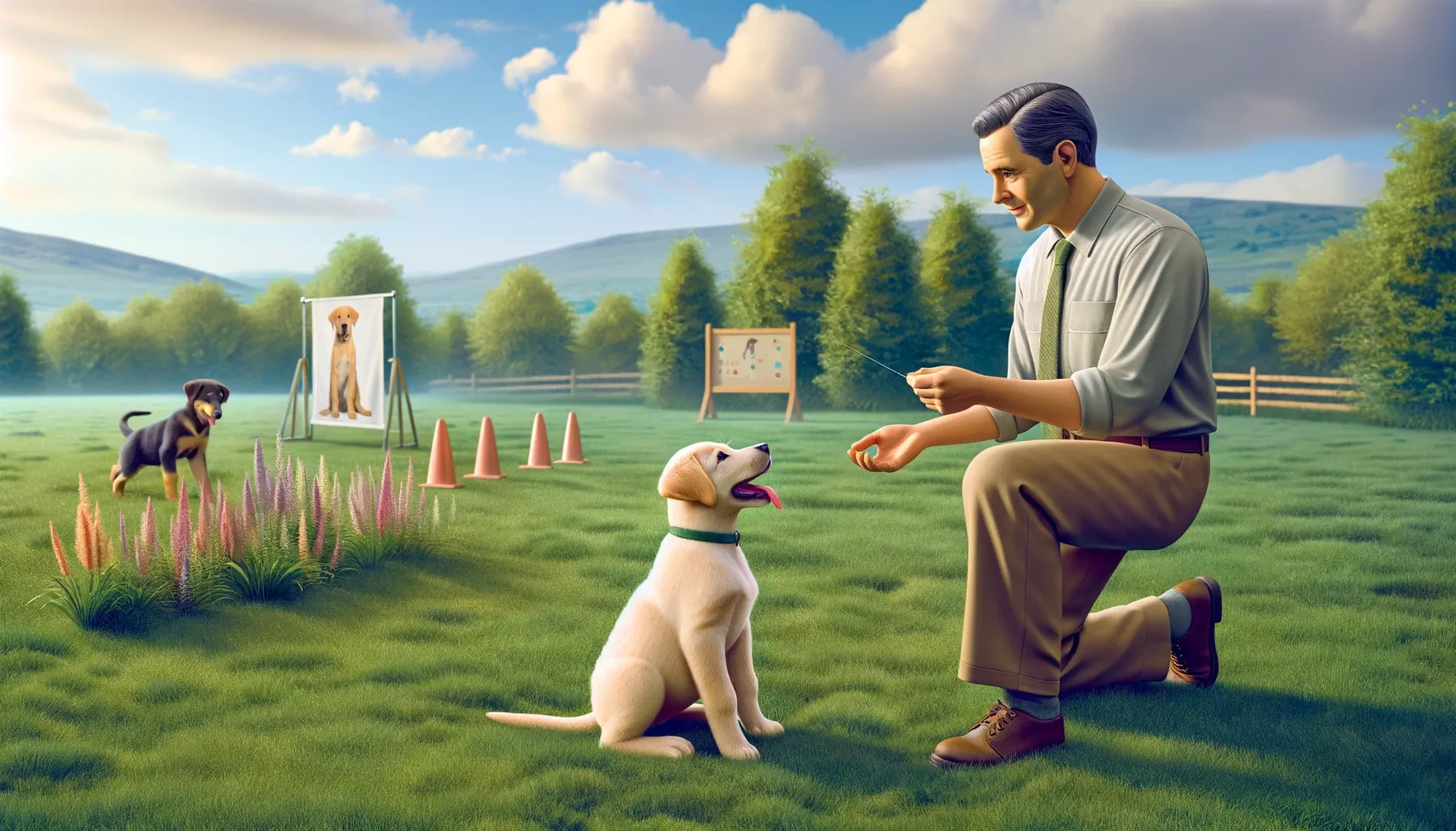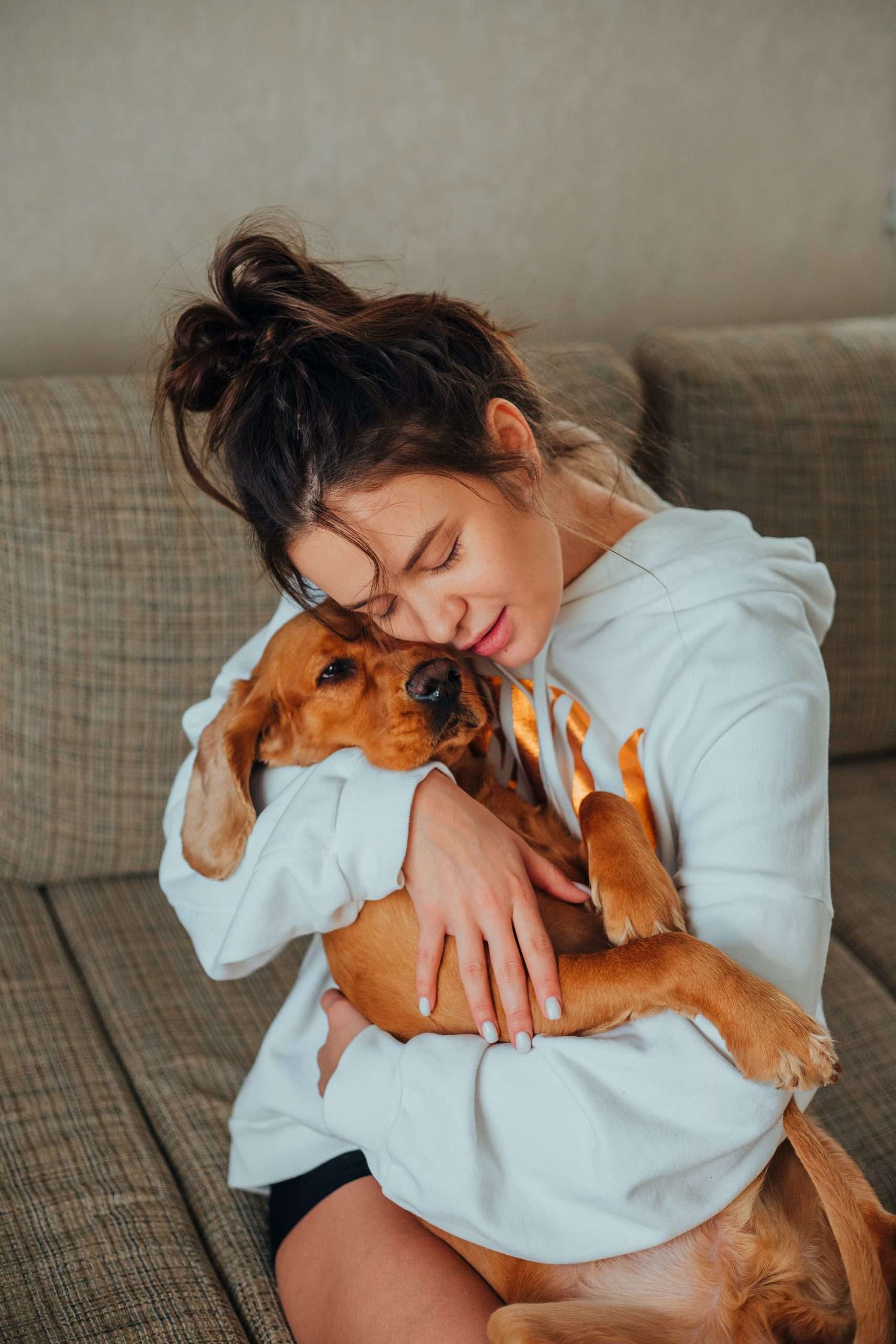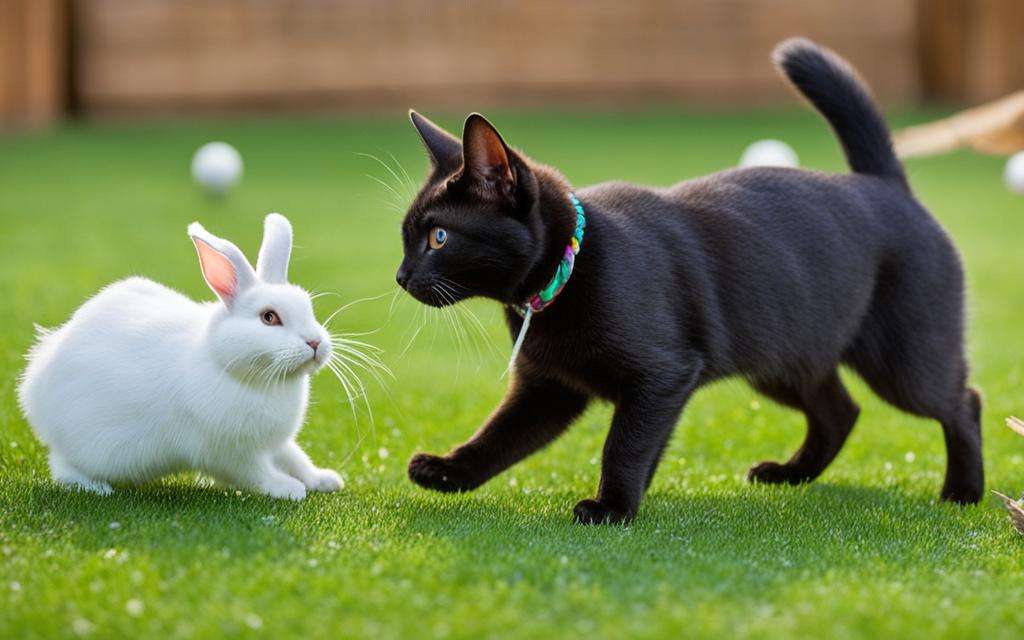Bringing home a new puppy is exciting for any new pet parent. However, it’s important to remember that with your furry friend comes the responsibility of ensuring they are trained well and equipped with the skills needed to thrive in any environment. While puppy training is necessary, it can also be a fun and rewarding experience for both of you! This article has compiled ten expert tips to help you train your puppy like a professional.

Consistency is key to successful puppy training
One of the most important things you’ll need to remember when training your puppy is the importance of consistency. Establishing a routine that works for you and your furry friend is crucial. It may help to create a schedule for feeding, potty breaks, and playtime, which will ultimately help your puppy develop good habits and adjust to their new home.
Use positive reinforcement for puppy training
Positive reinforcement is an excellent way of training your puppy. This method entails rewarding your puppy for good behavior and positive actions. This could involve giving treats, verbal praise, or even playtime. Positive reinforcement encourages good behavior and can make the training process more enjoyable for both of you.
Start puppy training with basic commands.
As you begin training your puppy, it’s important to start with basic commands such as “sit” and “stay.” Once your puppy has these commands down, you can gradually move on to more complex commands like “come” and “heel.” Patience is essential throughout this process, as it takes time for puppies to learn new commands and routines.
Lead your puppy with your body language
Puppies are known to respond better to non-verbal cues and body language than to verbal commands. For instance, when you want your puppy to sit or stay, use motions and body language to indicate the exact behavior you want. Over time, your puppy will associate your body language with commands.
Be mindful of the tone of your voice
During training, it’s also important to be mindful of your tone of voice. Puppies can pick up on subtle changes in tone and inflection in your voice. Using a calm, firm tone will help your furry friend understand what you require of them without confusing them.
Train your puppy in short sessions
It’s essential to remember that puppies have short attention spans, especially during training. Consequently, training should be conducted in several short sessions of about 10-15 minutes each day, rather than one long session. Short training sessions help to maintain your puppy’s focus and can make the learning process more effective.
Use their favorite treats
One of the easiest ways to motivate your puppy during training is to use their favorite treats. Find out what your puppy loves, and use this to your advantage during training. Reward your puppy with their favorite treat when it successfully performs a behavior.
Do not punish bad behavior
It’s important to note that punishment does not work regarding puppy training. Punishing a puppy for bad behavior can lead to anxiety, fear, and confusion. Instead, use positive reinforcement when your furry friend successfully performs a behavior.
Socialize your puppy
Socialization is an essential part of puppy training. Well-socialized puppies are better equipped to handle different environments, people, and animals. You can start socializing your puppy by introducing them to new situations, people, and pets while slowly increasing their exposure.
Be patient
Finally, it’s crucial to have patience when training your puppy. Puppies learn at their own pace, and it’s essential to allow them the time to understand and absorb what they are learning. While some puppies may learn quicker than others, they all have the potential to be trained successfully with consistency and patience.
Conclusion:
Training your puppy can be a fun and rewarding experience, but it requires consistency, patience, and a positive attitude. Following the expert tips outlined in this article, you can establish good training routines and behavior patterns to help your puppy thrive. Remember to be patient, consistent, and have fun while training your furry friend.








